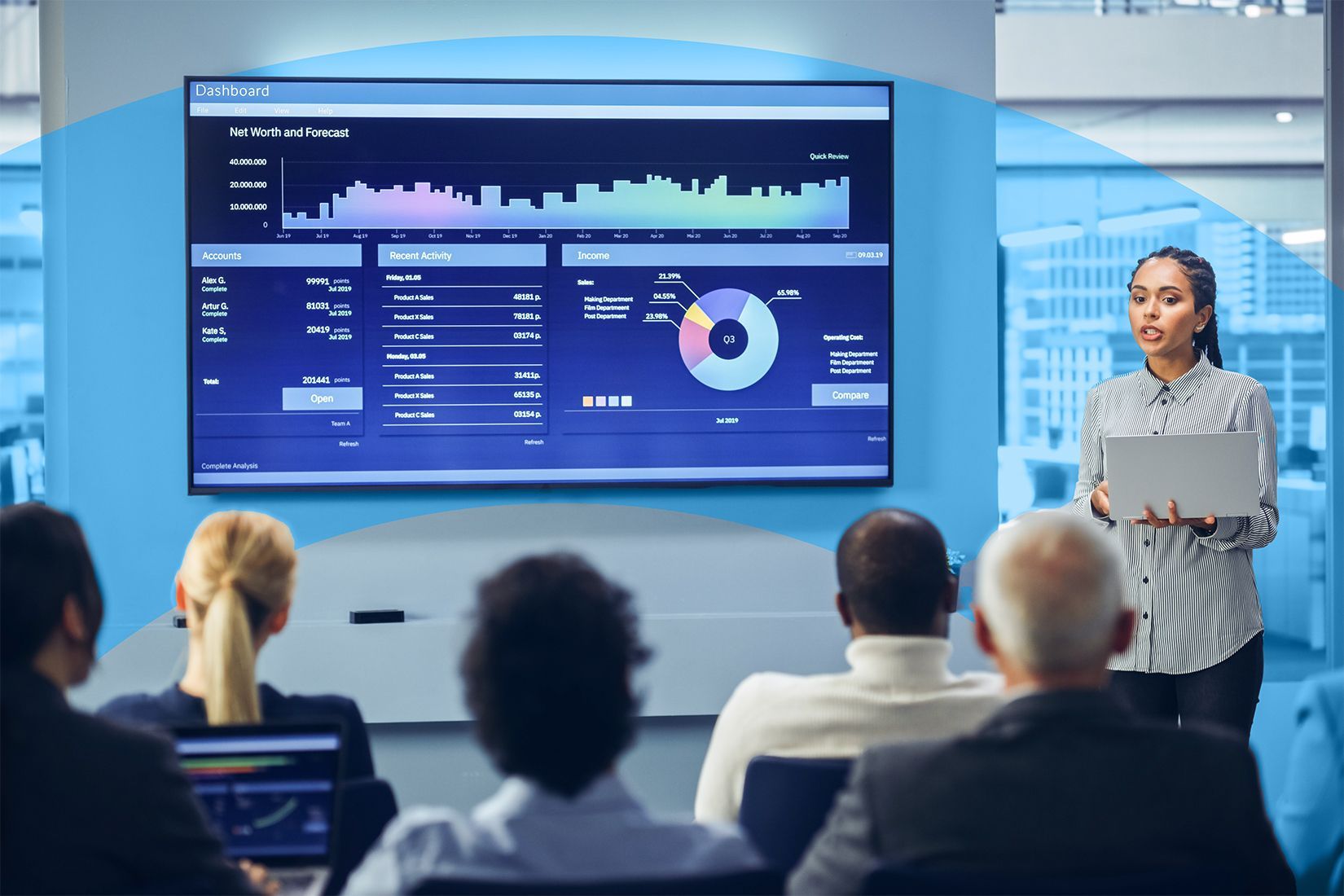The unconscious bias training battle ground
Nick Goddard
Most of us aspire to live in a meritocracy, where progression in our lives and our work is based on our individual talents, efforts and achievements, irrespective of our gender, race, sexuality, disability or socioeconomic background.
As movements for greater fairness and equality have driven demand for reforms, many organisations have undertaken unconscious bias training to address their roles in perpetuating inequalities.
While explicit bias leads someone to deliberately and wilfully discriminate against others, unconscious bias can be present in people who genuinely believe they’re committed to equality.
Unconscious bias training makes participants aware of their biases. Helping individuals to understand their implicit biases may be helpful in theory but these programmes can prove to be emotive, divisive and even counter productive with many believing such training has little impact on behaviours or long-term attitudes.
Indeed, Diversity training has come under attack and become highly politicised. Former US President Donald Trump’s administration even banned federal diversity training in the United States. Although it has become a complicated battleground this is actually nothing new. Some research and academic studies, even dating back to the 1930’s, suggest that anti-bias training doesn’t reduce bias, alter behaviour or change the workplace. So, many organisations want to take positive action to address inequality and are looking for alternatives to unconscious-bias training.
So what, if anything, should replace it?
Ultimately, the politicised furore over unconscious bias training may be allowing for some convenient scapegoating of this particular approach, rather than more careful scrutiny of the broader challenges.
At ABSTRACT, we believe that, for genuine embedded cultural change to be achieved, any approach by organisations has to be part of an integrated process. This may include the scrutiny of recruitment processes, looking at data on hiring, retention, and pay and promotion and talent, as well as management and leadership development programmes. We have seen that diversity and inclusion training can be significantly more successful and impactful if it is framed as an essential leadership quality and a learned skill, empowering participants to help change the status quo, become more inclusive leaders and improve diversity of thought and respect for others in their teams.
Being more inclusive is not only the right thing to do, it makes for better leaders, better outcomes for the organisation, and creates higher performing teams. A report by Deloitte found that organisations with an inclusive culture are twice as likely to meet or exceed financial targets and three times as likely to be high-performing.
Impactful diversity and inclusion initiatives will often focus on small everyday behaviours that everyone in the organisation can get on board with.
How can ABSTRACT help?
As award winning learning and development experts in leadership, cultural change, diversity and inclusion, our team at ABSTRACT are brilliantly placed to help you to build a modern day organisation that is fit for today’s social objectives.
Our Cultural Competence programme
is comprised of six topic: Visible commitment, humility, awareness of bias, curiosity about others, cultural intelligence and effective collaboration. These six topics are delivered across three modules that are spaced out several weeks apart in order to fully embed the cultural change.
Through our programme participants will gain the capabilities to:
• Appreciate the value of diversity of thought and having respect for others.
• Understand the key elements of delivering inclusive leadership.
• Create an environment for everyone to regularly get involved and reach their potential.
Our aim is to increase collaboration and cultural awareness throughout an organisation or team, so content learnt from the programme is brought out of the corporate or virtual classroom and into the field. Our programme is delivered by our highly skilled specialist team of facilitators, who are also experienced leadership coaches.
As well as our Cultural Competence Programme
we also offer a 1-hour webinar that provides an overview and appreciation of this important topic.
Get in touch for a no obligation consultation call to find out how we can help you, your team or organisation.
References:
Why Doesn’t Diversity Training Work? - The Challenge for Industry and Academia - Frank Dobbin and Alexandra Kalev








